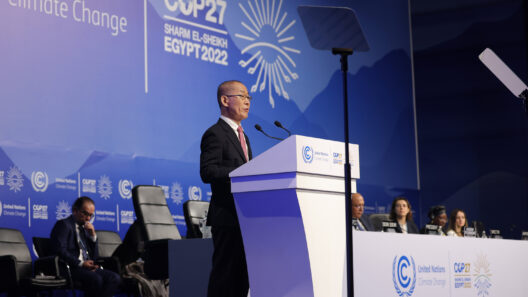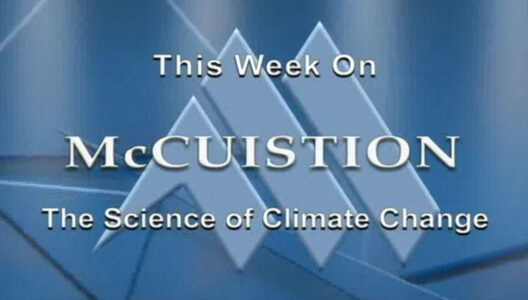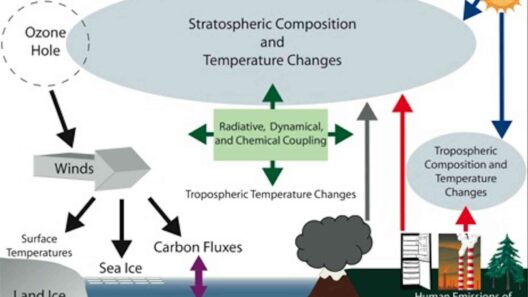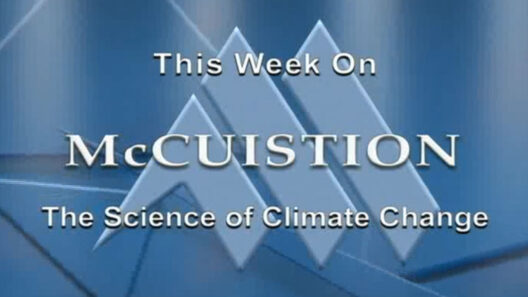Picture this: You wake up in the morning, the sun is shining through your window, and you have a fresh start to the day. But while you sip your coffee, have you ever pondered how the smallest of choices can make a monumental difference in combating climate change? It might seem daunting, yet every individual has the potential to contribute significantly to global warming mitigation. This exploration into daily climate action is an invitation to embrace a lifestyle that actively promotes sustainability.
Firstly, the journey begins at home. Would you prefer to be part of the solution, or merely a bystander? One of the simplest actions you can undertake is to reassess your energy consumption. Switching to energy-efficient appliances is one way to diminish your carbon footprint. These devices not only consume less electricity but also save you money over time. Light-emitting diode (LED) bulbs, for instance, are an excellent alternative to incandescent bulbs. They utilize around 75% less energy and last significantly longer. Imagine, just by replacing the bulbs in your home, you could play a role in conserving energy on a larger scale.
Furthermore, insulation plays a pivotal role in energy consumption. Ensuring your home is well-insulated can drastically reduce the need for heating and cooling. Consider investing in proper insulation materials or even engaging in simple DIY projects to seal windows and doors. This reallocation of resources minimizes reliance on fossil fuels, fostering a more eco-friendly lifestyle.
When thinking about transportation, it’s vital to reflect on your everyday choices. Transportation is a major contributor to greenhouse gas emissions. How about you challenge yourself to utilize public transport or cycling for short trips? The average person spends nearly 100 hours a year in traffic. What if instead, you free up that time for community activities or family gatherings? Cycling not only significantly reduces CO2 emissions but also promotes physical health. Additionally, if public transport is viable in your area, it serves as a greener alternative. Imagine the potential collective impact if everyone in your community made the switch!
Dietary choices are another crucial aspect regarding climate action. The agriculture sector significantly contributes to greenhouse gas emissions. Therefore, adopting a plant-based diet can lead to considerable reductions in your carbon footprint. Wouldn’t it be interesting to explore the intricacies of a vegan or vegetarian lifestyle? Incorporating more plant-based meals into your diet doesn’t mean entirely eliminating meat; even participating in “Meatless Mondays” can significantly reduce the demand for meat production, which is one of the most resource-intensive processes in agriculture.
Imagine going to your local farmers’ market instead of the supermarket. Sourcing produce from local vendors not only supports your community but also reduces the carbon emissions associated with transporting food over long distances. Furthermore, seasonal eating ensures that you are consuming products at their peak nutritional value and flavor. It encourages an appreciation for nature’s cycles and fosters a sustainable, eco-friendly approach to food consumption.
One often-overlooked eco-action is the reduction of waste. Landfills are notorious for emitting methane, a potent greenhouse gas. Do you realize how much plastic you could avoid? A fun challenge could involve a month-long commitment to reducing single-use plastics. Carry a reusable shopping bag, utilize stainless steel straws, and opt for glass containers. The ramifications of a single person’s efforts can ripple outward as friends and family may be inspired to join your cause.
As you engage in these practices, consider the impact of your purchases. The concept of consumerism runs deep in modern society, but every dollar spent is a vote. Supporting companies committed to sustainability, such as those utilizing biodegradable materials or using renewable sources of energy, amplifies your impact. It is a directive to the market that eco-conscious products are desirable. Would you be willing to seek out brands that align with your values? By adjusting your buying habits, not only do you influence the businesses you support, but you also foster a culture of sustainability.
The act of educating yourself and others holds immeasurable power. Knowledge is indeed power. Engage in conversations within your community about climate issues and solutions. Hosting workshops, participating in local environmental groups, or merely sharing articles online can plant the seeds of awareness among friends. What if every conversation you had led to collective action within your community? The possibilities are endless when the passion for change is shared.
Lastly, consider your digital footprint. In our hyperconnected world, technology consumes vast amounts of energy. Simple steps, like reducing your screen brightness, logging off unused devices, or even opting for eco-friendly internet service options, can collectively reduce energy consumption across the globe. One might ask, how much of an impact can an individual actually have? The answer lies in the cumulative effect of small choices by many.
The essence of this exploration into climate action is to cultivate a mindset centered on sustainability. It is not just about making changes; it is about fostering a sense of responsibility towards our planet. Climate change is a colossal challenge, but it is one that can be confronted with resolve and diligence. With every decision, you possess the agency to steer society towards a more sustainable path. Are you ready to embark on this quest, to not only minimize your impact but to inspire others in their journey to fight global warming? The challenge awaits your response, and every action counts.








